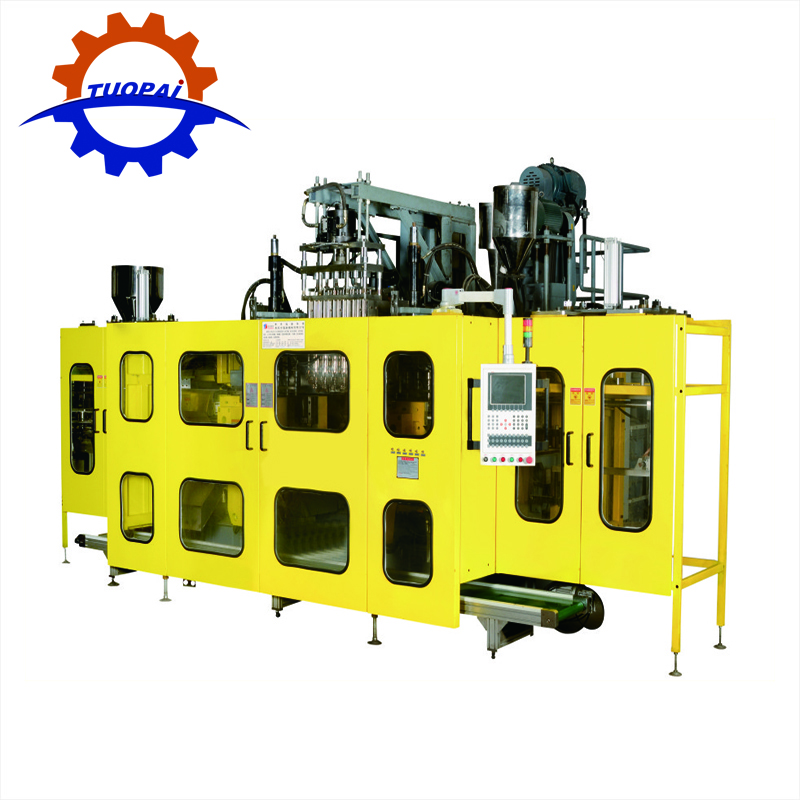What is co extrusion blow molding?
Co-extrusion blow molding is a specialized manufacturing process used in the production of hollow plastic objects, such as bottles, containers, and various other plastic products. This method involves the simultaneous extrusion of multiple layers of plastic materials to create a single, multi-layered, and often highly functional final product. The process offers several advantages in terms of product design, performance, and material savings, making it a popular choice in the plastics industry.
Here's a breakdown of the key elements of co-extrusion blow molding:
Extrusion: The process starts with the extrusion of plastic materials. In traditional blow molding, a single type of plastic, typically high-density polyethylene (HDPE) or polyethylene terephthalate (PET), is used. However, in co-extrusion, two or more different types of plastic materials are simultaneously extruded through separate extruders.
Multi-layer Design: The multiple extruders are used to create distinct layers within the product. Each layer may serve a specific purpose, such as enhancing barrier properties, UV resistance, or improving aesthetics. For instance, a plastic bottle produced via co-extrusion may have an inner layer to prevent the contents from interacting with the plastic, a barrier layer to prevent oxygen or moisture ingress, and an outer layer for color and aesthetics.

Die Head and Parison Formation: The extruded layers are combined into a single parison (a hollow tube of plastic). This is typically achieved using a specialized die head that merges the extruded layers into a unified structure. The parison's size and shape can be adjusted to suit the desired end product.
Blow Molding: The parison is then placed within a mold, and compressed air is introduced into the parison. This air pressure forces the parison to expand and conform to the shape of the mold. The mold is typically cooled to allow the plastic to solidify into the final shape.
The advantages of co-extrusion blow molding are numerous:
Enhanced Performance: Co-extrusion allows for the creation of complex, multi-layer structures with unique properties, such as improved barrier properties, UV resistance, or the ability to handle hot liquids. This is especially valuable in the production of containers for food, beverages, and chemicals.
Material Efficiency: By using multiple layers, it's possible to use different grades or types of plastics in a single product, optimizing the use of materials and reducing costs.
Design Flexibility: Co-extrusion enables the combination of different materials with varying properties, allowing for innovative and creative product design. This is crucial in industries where appearance, functionality, and performance are paramount.
Cost Savings: Through better material utilization and the ability to produce high-performance products, co-extrusion can often result in cost savings over other manufacturing methods.
Environmental Benefits: The reduction in material usage, as well as the creation of containers with enhanced barrier properties, can contribute to sustainability efforts by reducing plastic waste and extending the shelf life of products.
In conclusion, Tepai co-extrusion blow molding is a sophisticated manufacturing technique that offers a wide range of benefits, especially in industries where product performance, material efficiency, and design flexibility are essential. It has found extensive applications in the production of various plastic containers and objects, allowing manufacturers to create innovative and cost-effective solutions for their customers while also contributing to sustainability goals.Learn more
306
0
0

Comments
All Comments (0)